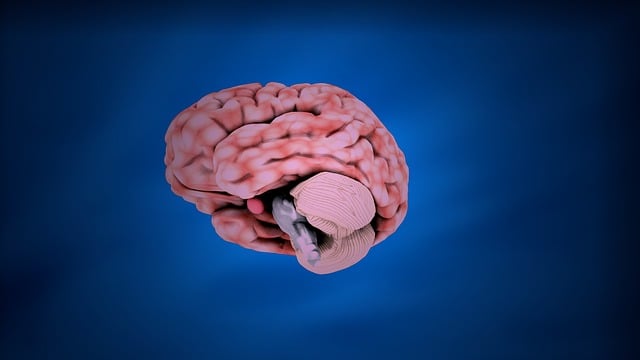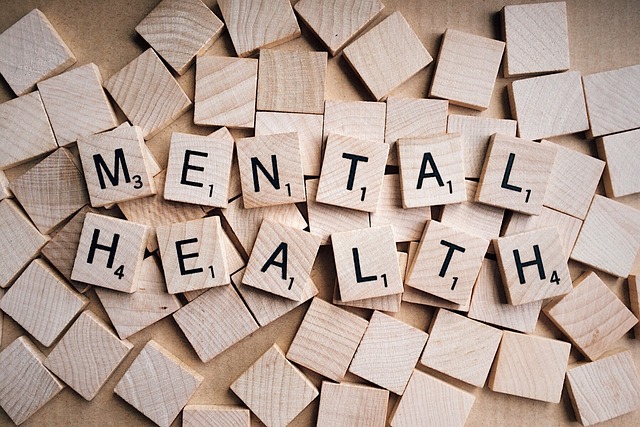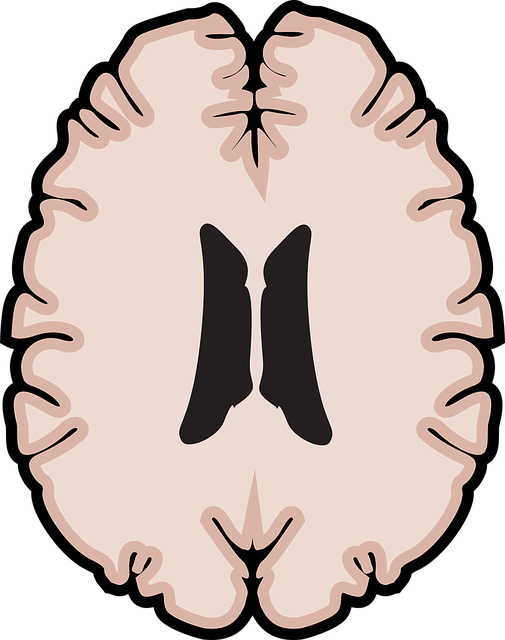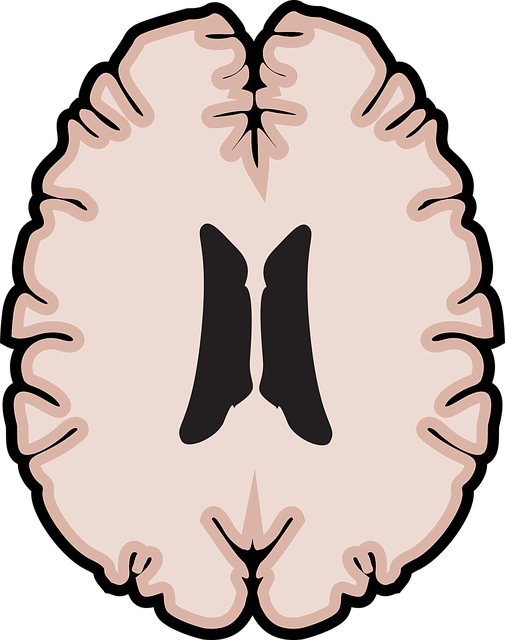Mental Health Crisis Hotlines provide crucial support for children with developmental disabilities during emotional distress, offering specialized therapy tailored to their unique needs. These hotlines create safe spaces for expression, teach coping mechanisms like mindfulness and stress management, and empower both children and caregivers with self-care practices suited to their developmental stage. By fostering open communication and building resilience, these services contribute to long-term emotional well-being, ensuring effective crisis navigation and enhanced mental health for young individuals with developmental disabilities.
“In today’s fast-paced world, mental health crises can strike suddenly, especially for children with developmental disabilities. Mental Health Crisis Hotline support services serve as a vital lifeline, offering immediate assistance and long-term solutions. This article explores the critical role of these hotlines in addressing the unique needs of young minds. We delve into understanding crisis hotlines, their impact on therapy for children with developmental disabilities, recognizing signs of distress, and the strategies professionals employ to provide effective intervention. Read on to uncover the transformative power of hotline support.”
- Understanding Mental Health Crisis Hotlines: A Lifeline for Children with Developmental Disabilities
- The Importance of Therapy and Support Services for Young Minds
- Identifying Signs: Recognizing When a Child Needs Crisis Intervention
- How Hotline Professionals Provide Effective Immediate Assistance
- Building Resilience: Long-term Benefits of Crisis Hotline Interventions
Understanding Mental Health Crisis Hotlines: A Lifeline for Children with Developmental Disabilities

Mental Health Crisis Hotlines serve as a crucial resource for individuals experiencing severe emotional distress, including children with developmental disabilities. These hotlines provide immediate support, offering a safe space for vulnerable kids to express their fears and concerns. With dedicated professionals on the other end, they ensure that every call is handled with sensitivity and expertise.
Children with developmental disabilities often face unique challenges that can lead to heightened anxiety or traumatic experiences. Hotlines equipped with specialists trained in therapy for children with special needs offer a specialized service. They cultivate an environment of compassion and understanding, utilizing practices like mindfulness and stress management techniques, which can aid in calming and supporting these young individuals. Moreover, by promoting self-care practices tailored to their developmental stage, hotlines empower children and their caregivers to navigate crises effectively.
The Importance of Therapy and Support Services for Young Minds

The mental health landscape for young minds is complex and ever-evolving. Therapy and support services play a pivotal role in fostering resilience among children, especially those with developmental disabilities. These services are not just about addressing immediate crises; they lay the foundation for long-term emotional well-being. Through specialized therapy, young individuals learn coping mechanisms to navigate life’s challenges, enhancing their ability to manage stress and adversity.
Targeted interventions can significantly improve self-esteem, a crucial aspect of overall mental health. Healthcare providers equipped with cultural competency training can create safe spaces, tailoring support to the unique needs of diverse populations. This personalized approach encourages open communication, enabling young minds to explore their emotions, gain insights, and build resilience, ultimately breaking down barriers to optimal mental health and healthy development.
Identifying Signs: Recognizing When a Child Needs Crisis Intervention

Recognizing when a child needs crisis intervention is crucial for ensuring their well-being and future mental health. Parents, caregivers, and educators play a vital role in identifying signs of distress, which can range from noticeable behavioral changes to subtle shifts in mood or energy levels. Children with developmental disabilities may face unique challenges that impact their ability to express emotions, communicate needs, or regulate their behavior, making it essential to be vigilant and proactive.
Early intervention is key to fostering resilience in children. Signs might include persistent feelings of sadness, anxiety, or irritability; significant changes in appetite or sleep patterns; withdrawal from social activities and friends; or sudden drops in academic performance. If a child exhibits any of these symptoms, it could indicate an underlying mental health concern. Organizations like the Stress Management Workshops for Youth offer valuable resources, providing therapy for children with developmental disabilities and teaching self-care practices to build resilience and cope with crises effectively.
How Hotline Professionals Provide Effective Immediate Assistance

Hotline professionals are trained to provide immediate and effective assistance to individuals in crisis. They offer a safe space for people to express their feelings and fears, allowing them to gain clarity and perspective during stressful situations. These support services are particularly crucial when dealing with children facing developmental disabilities, as they can navigate complex emotions and behaviors unique to each child’s experience.
The professionals employ evidence-based practices, such as active listening and empathy, to establish rapport and ensure the individual feels heard and understood. They also conduct thorough risk assessments for mental health professionals to gauge the severity of the crisis and determine the appropriate course of action. By integrating mind over matter principles, these hotlines empower individuals with coping strategies and promote self-care, fostering a sense of resilience and hope in managing future challenges.
Building Resilience: Long-term Benefits of Crisis Hotline Interventions

Crisis hotline interventions go beyond immediate support, offering long-lasting benefits for individuals’ mental health and well-being. For children with developmental disabilities, these services can be instrumental in building resilience and fostering coping skills that will serve them throughout their lives. The emotional healing processes facilitated by trained professionals empower young people to navigate future challenges, whether it’s managing stress, resolving conflicts, or understanding and regulating their emotions.
This support not only enhances their ability to cope with crises but also provides a safe space to explore and process difficult feelings. Over time, these experiences can contribute to improved mental fortitude, enabling children to approach life’s curveballs with greater confidence and adaptability. By integrating crisis hotline interventions into long-term care strategies, we recognize the profound impact on emotional development, ultimately shaping healthier and more resilient individuals.
Mental health crisis hotlines play a pivotal role in supporting children with developmental disabilities, offering immediate assistance and fostering long-term resilience. By providing accessible therapy and support services, these hotlines ensure that young minds receive the care they need during crises. Recognizing the signs of distress is crucial for parents and caregivers, enabling them to connect with hotline professionals who can offer effective interventions. Through consistent access to crisis hotline resources, children can build coping mechanisms, enhancing their overall well-being and strengthening their ability to navigate future challenges.














